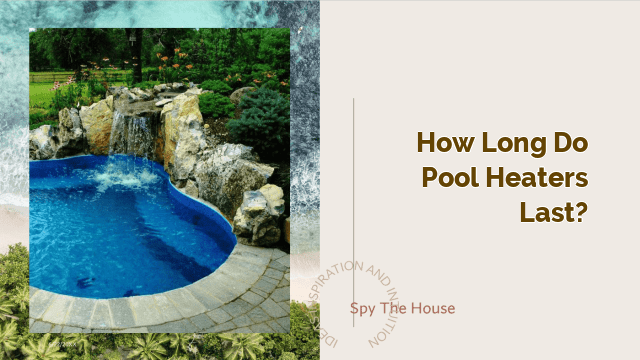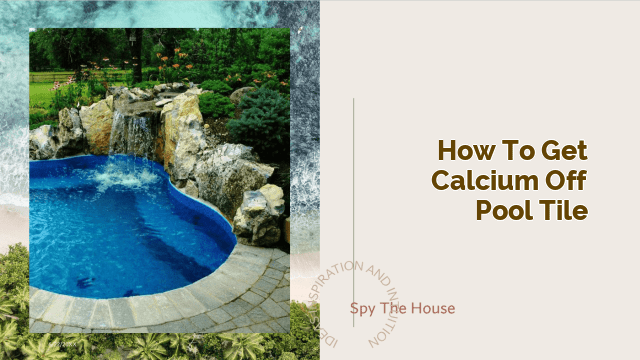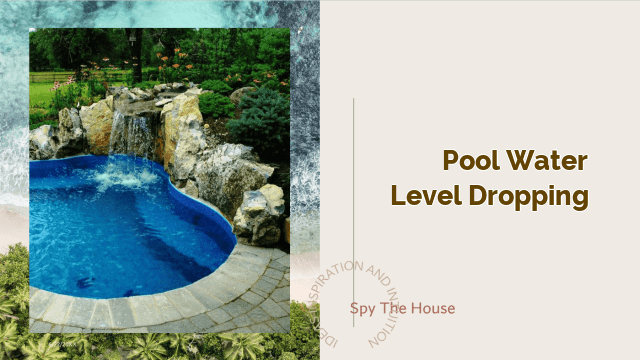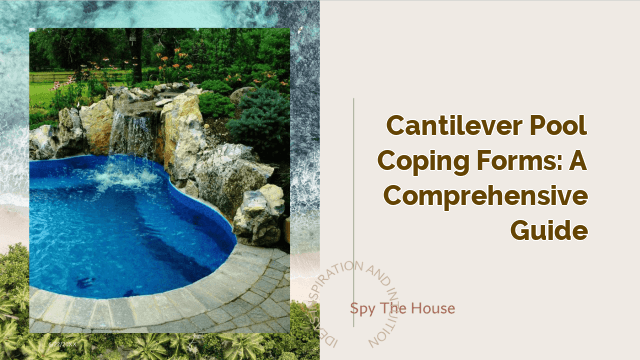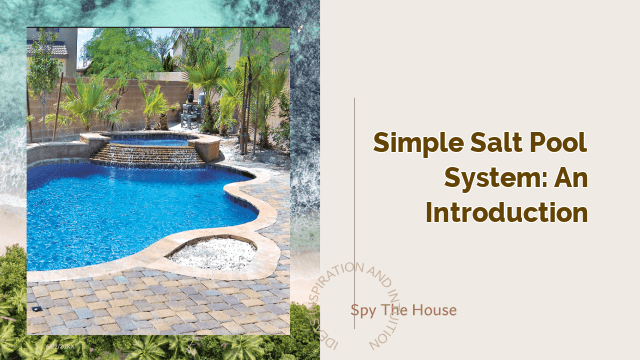How Long Do Pool Heaters Last?
If you have a swimming pool, you know how important it is to keep the water warm and comfortable for swimming. Pool heaters are essential for extending your swimming season, but they are not cheap. Like any other equipment, pool heaters have a lifespan that varies depending on several factors. In this article, we’ll explain how long pool heaters last and what factors can impact their lifespan.
What is a Pool Heater?
A pool heater is a device that is used to warm up the water in your swimming pool. There are three types of pool heaters: gas, electric, and solar. Gas heaters use either natural gas or propane to heat the water. Electric heaters use electricity to heat the water. Solar heaters use energy from the sun to heat the water. Gas heaters are the most popular type of pool heater because they are the fastest and most efficient way to heat up the water.
How Long Do Pool Heaters Last?
The lifespan of a pool heater varies depending on several factors such as the type of heater, usage, maintenance, and climate. On average, a gas pool heater can last between 5 to 10 years, while an electric pool heater can last up to 20 years. Solar pool heaters can last up to 20 years or more, but they require more maintenance than other types of heaters.
Factors Affecting the Lifespan of Pool Heaters
Several factors can impact the lifespan of your pool heater. Here are some of the most common ones:
Type of Heater
As mentioned earlier, the type of heater can affect its lifespan. Gas heaters have a shorter lifespan compared to electric and solar heaters.
Usage
The more you use your pool heater, the shorter its lifespan will be. If you use your pool heater frequently, it will wear down faster than if you use it occasionally.
Maintenance
Regular maintenance can extend the lifespan of your pool heater. Neglecting maintenance can cause your heater to break down prematurely.
Climate
The climate you live in can also impact the lifespan of your pool heater. If you live in an area with harsh winters or extreme heat, your pool heater may wear down faster.
How to Extend the Lifespan of Your Pool Heater
Here are some tips to help you extend the lifespan of your pool heater:
Perform Regular Maintenance
Regular maintenance can help prevent breakdowns and extend the lifespan of your pool heater. You should have your heater inspected and serviced by a professional at least once a year.
Use a Pool Cover
Using a pool cover can help reduce heat loss and keep debris out of your pool. This can reduce the strain on your pool heater and extend its lifespan.
Don’t Overuse Your Heater
Using your pool heater excessively can cause it to wear down faster. Use your heater only when necessary and keep your pool covered when it’s not in use.
Invest in a High-Quality Heater
Investing in a high-quality pool heater can help you save money in the long run. High-quality heaters are more durable and have a longer lifespan than cheaper models.
When to Replace Your Pool Heater
If your pool heater is more than 10 years old and requires frequent repairs, it may be time to replace it. You should also consider replacing your heater if it is no longer efficient or if you notice a significant increase in your energy bills.
People Also Ask
How often should I replace my pool heater?
The lifespan of a pool heater varies depending on several factors. On average, a gas pool heater can last between 5 to 10 years, while an electric pool heater can last up to 20 years. Solar pool heaters can last up to 20 years or more, but they require more maintenance than other types of heaters.
What is the most efficient type of pool heater?
Solar pool heaters are the most efficient type of pool heater because they use energy from the sun to heat the water. They are also the most cost-effective type of heater in the long run.
How much does it cost to replace a pool heater?
The cost of replacing a pool heater varies depending on the type of heater and the size of your pool. On average, a new pool heater can cost between $1,500 to $3,000.
Conclusion
Pool heaters are essential for extending your swimming season, but they have a lifespan that varies depending on several factors. Regular maintenance and proper usage can help extend the lifespan of your pool heater. If your heater is more than 10 years old or requires frequent repairs, it may be time to replace it. Investing in a high-quality pool heater can help you save money in the long run.
